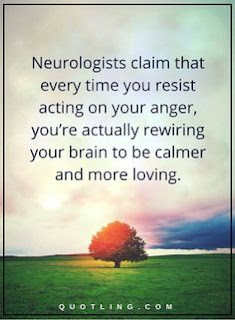There is so much that I can say about my in-laws. I could write entire posts on each my mother
in law and father in law and their lack of connection with our family. My in-laws have never been very involved in
our lives even though they both live about 40-45 minutes away. My children hardly even know who they are,
especially my mother in law. I am sure
that is very different from a lot of in-law relationships. I have never had to worry about my in-laws
butting into our family or relationship but we also lack any type of close
connection. We miss out on knowing them
and learning from them. It is sad but
not much that we can do about it. We
have tried over the years and it is hard, especially for my husband, to be
rejected so many times.
My mother, on the other hand, has been involved in our
relationship and visits us several times a year from several states away. There have been times over the years where
she has gotten involved in things that have happened with our children. We have had to talk to her about stepping
back and letting us handle it. It was
hard but over time she has become more accepting of the way that we do things. She
is a great grandma that loves her grandchildren and wants what is best for
them. I understand and can see that but
sometimes our ideas are not the same. As
the parent, it is our responsibility to correct the children and as the grandparent
it is her responsibility to love and spoil them.
My sons are just a handful of years away from dating
and getting married. I know what kind of
mother-in-law I would like to be and the recommendations by Harper and Olsen
will be my guide. These include helping
my children to cleave to their spouses, being a support but not a crutch,
loving my kid-in-laws even with their differences and including them in the
family, respecting their new relationship and not being upset or offended if
they are not able to come for a holiday or other special event. In the conclusion they say, “…[P]arents-in-law
will do well to accept differences; encourage marital identity…avoid intrusion;
offer advice only when it is sought; be accepting rather than critical; and
work towards developing a personal, positive relationship with a son- or
daughter-in-law….Extended family relationships can do much to support and
strengthen family members (Pg. 333).” That is what I want to be, a support and
a strength for my children and their spouses, not a burden and I most
definitely do not want my kid-in-laws to fear me!
What makes a good in-law to you? What kind of in-law do you want to be?
References: Hart, C. H.
(2005). Helping and healing our
families: principles and practices by "The family: a proclamation to the
world". Salt Lake
City: Deseret Book.


